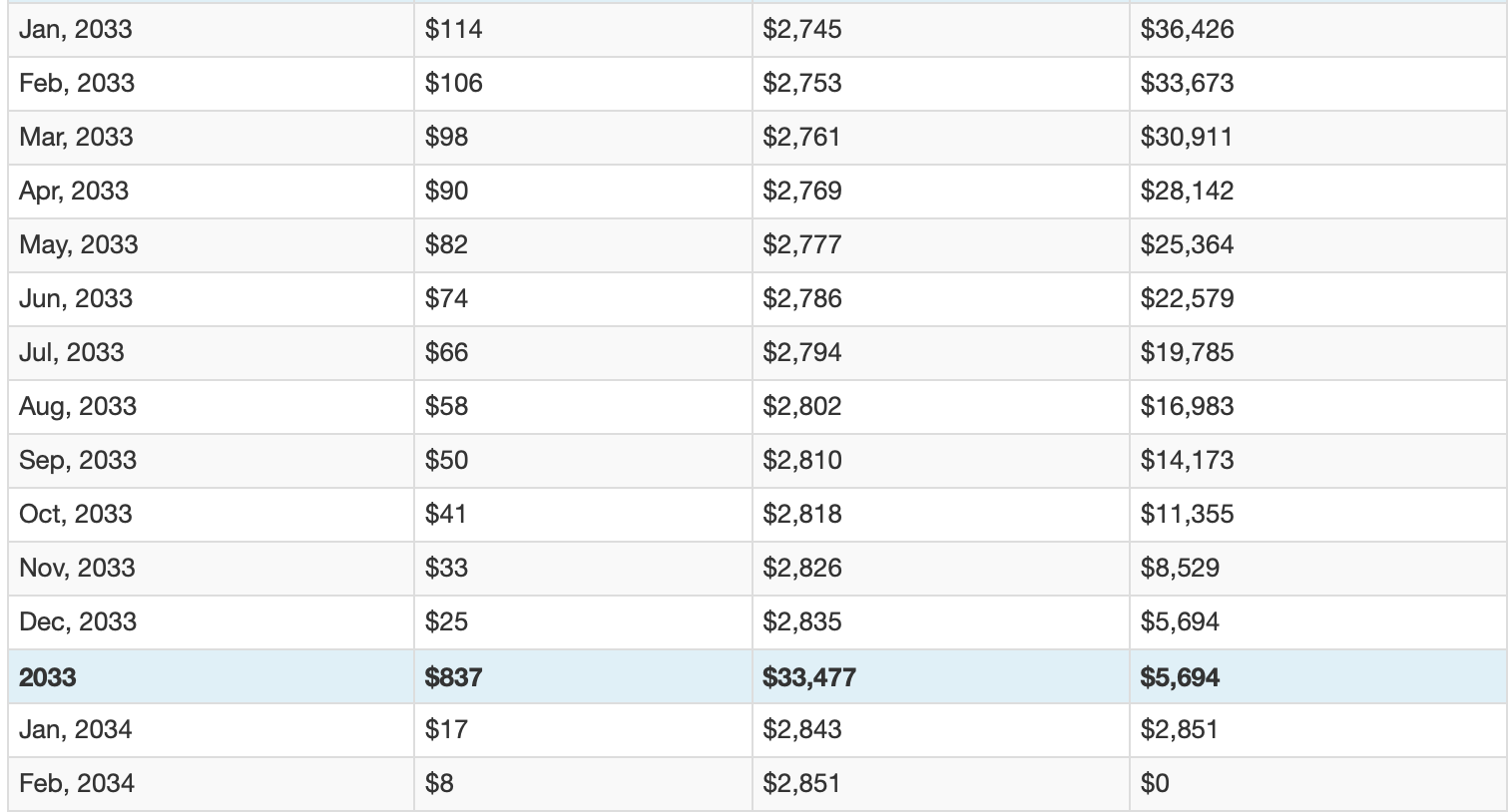15-Year Mortgage vs. 30-Year Mortgage – How They Affect Your Bottom Line, by Shaun Melby
It’s the beginning of home buying season, so I wanted to take a look at the age old question “Should I get a 30 year or 15 year mortgage?” and give my insights.
The purchase of your home could easily be one of the largest transactions you will make in your life. Buying a home can be an emotional process—one where you are tempted to think more about what you want right now and therefore lose sight of what is best for you and your family in the long run.
The decision to choose a 15 year mortgage or a 30 year mortgage may end up affecting your personal finances more than any other decision you'll make. Unfortunately, many people don’t look much further than the larger monthly payment of the 15 year mortgage, so they instinctively choose the 30-year mortgage. This is a decision that can cost them hundreds of thousands of dollars. Here is how:
 15 vs 30 - What To Do?
15 vs 30 - What To Do?Let’s come up with our example. Our model mortgage is going to be a $500,000 house where 20% is going to be the down payment. The mortgage loan beginning balance will be $400,000. Our mortgage will start in March 2019. For our mortgage rates, we will use what Wells Fargo posted on their website on March 20th, 2019 as our rates. The spread between a 15-year and 30-year will remain mostly constant no matter when you look. So, we are looking at 3.500% for 15-year and 4.125% for 30-year. On paper, that spread doesn’t look like very much, but it’s going to have a huge impact.


Let’s start with the 30-year. Given the above information, we’re looking at a monthly payment of $1,938.60. Now let’s look at the 15-year. Given the above information, we’re looking at a monthly payment of $2,859.53. An extra $920.93 per month. But this doesn’t tell the entire story.
The total interest paid for a 30-year would be $297,896, whereas the total interest paid for a 15-year would only be $114,715. By making the smart decision early on to go with the 15 year mortgage, you would save $183,181 in interest. Think of the endless possibilities you would create for yourself and your family by having that extra money in your bank account. That money could pay off multiple long term goals or be invested and allowed to grow.
Payoff Date Comparison
Let’s go one step further. Your 15-year would be paid off in February 2034. Your 30-year would not be paid off until February 2049. Not only that, the remaining balance on the 30-year balance in February 2034 would be $259,877. Because of amortization schedules, you would have only paid off 35% of the loan, as opposed to the 50% you may have initially thought would be paid off by then.


It’s pretty clear the 15-year mortgage, from an interest and payoff date perspective, is far superior to a 30-year.
Investing The Payment Difference
Now let’s tap into some more advanced concepts.
What if you had a 30-year mortgage, but invested the $920.93 monthly payment difference in the stock market for 30 years? Then let’s compare someone with the 15-year mortgage, but they don’t make any investments until after their mortgage is paid off. After the payoff, they invest what was the monthly payment of $2,859.53 in the stock market. Who ends up having more money after 30 years of investing? The answer may surprise you.
In our example, we are going to make all the calculations in today’s dollars. We are going to assume everything compounds annually at a 6% rate of return, which would be a fairly risk-balanced portfolio, and inflation is 2.5% per year.

Here is a graph comparing the two. At the end of 30 years, you would have $657,962 with the 15-year mortgage and $562,542 from the 30-year. A significant difference of $95,420. If having more money in investments and paying less in interest can’t convince you to go the route of a 15-year mortgage, then I don’t know what I can do to convince you.
Something to Be Aware Of
One final note to think about while you are on your home buying journey. There are trusted figures in the home buying process who are incentivized to put you in the most expensive home you can possibly qualify for, which is much different than what you can afford. It’s easy to think it is the same thing, but this way of thinking can have a drastic impact on your future financial wellbeing. This very practice was the catalyst for the Great Recession.
As a home purchaser, you should want the best house you can afford, a house you can pay off before 30 years, and the lowest interest rate you can get. A realtor or real estate agent earns a commission based on the price of the house they find for you, so they are likely incentivized to get you in the most expensive house the bank will qualify you for. Likewise, the banker is incentivized to ensure you pay the most interest; the larger the mortgage they qualify you for means the more interest they make in the long run. This means lowering your monthly payment by increasing loan payback terms, and also maxing out the debt/income ratio an underwriter will pass to increase the amount of home you can “afford.” The bank is incentivized to make you look as risky as possible, while still qualifying you for a mortgage. The riskier you are, the greater the interest rate for your mortgage will be to compensate for that increase in risk.
I’m not saying everyone is going to try to take advantage of you. There are great realtors and bankers out there who will act in your best interest. What I’m saying is you should know your budget heading into the home buying process – and stick to it. Even though it’s very tempting to increase your budget when you see what an extra $100,000-$200,000 can get you, when you know the numbers and how they impact your future it becomes easier to stay focused and not get in over your head.
Budget Guideline
What should your budget be? You should aim for your monthly payment to be no more than 28% of your monthly income. If your household earns $120,000 per year, that means your monthly payment (loan, property taxes, HOA, and homeowner’s insurance all included) should be no more than $2,800. It will be tempting to go with a 30-year mortgage when you see how much more house the bank says you can qualify for, but I urge you to stay disciplined and stick with the 15-year. This is how wealth is built – with a long-term perspective, a plan, and a consistent approach.


 About the Authors
About the Authors Joshua Escalante Troesh is a Tenured Professor of Business and works with people across the country as a fiduciary & fee-only financial planner through his firm, Purposeful Strategic Partners
Joshua Escalante Troesh is a Tenured Professor of Business and works with people across the country as a fiduciary & fee-only financial planner through his firm, Purposeful Strategic Partners.png)

